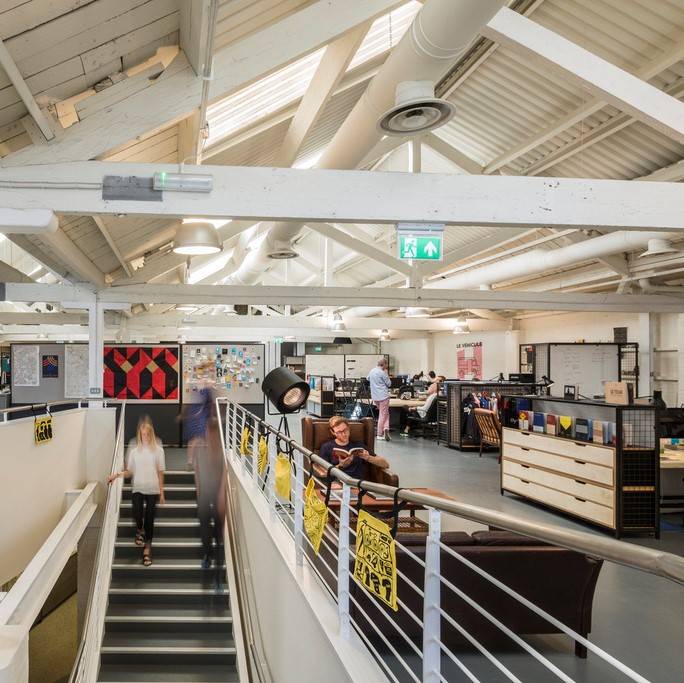To provide the best experiences, we use technologies like cookies to store and/or access device information. Consenting to these technologies will allow us to process data such as browsing behaviour or unique IDs on this site. Not consenting or withdrawing consent, may adversely affect certain features and functions.
The technical storage or access is strictly necessary for the legitimate purpose of enabling the use of a specific service explicitly requested by the subscriber or user, or for the sole purpose of carrying out the transmission of a communication over an electronic communications network.
The technical storage or access is necessary for the legitimate purpose of storing preferences that are not requested by the subscriber or user.
The technical storage or access that is used exclusively for statistical purposes.
The technical storage or access that is used exclusively for anonymous statistical purposes. Without a subpoena, voluntary compliance on the part of your Internet Service Provider, or additional records from a third party, information stored or retrieved for this purpose alone cannot usually be used to identify you.
The technical storage or access is required to create user profiles to send advertising, or to track the user on a website or across several websites for similar marketing purposes.
 Take any issue in the modern era and you’ll find a noisy schism. The big-endians and little-endians yelling at each other about the right way to eat a boiled egg, right over the heads of the majority of people who wonder if they’d be better off just having some toast and a nice cup of tea. Not that the toast-eaters can say anything without being accused by both sides of the divide of belonging to the other. (more…)
Take any issue in the modern era and you’ll find a noisy schism. The big-endians and little-endians yelling at each other about the right way to eat a boiled egg, right over the heads of the majority of people who wonder if they’d be better off just having some toast and a nice cup of tea. Not that the toast-eaters can say anything without being accused by both sides of the divide of belonging to the other. (more…)


































July 1, 2020
The loneliness of the long term flexible worker
by Dr Rachel Lewis • Comment, Flexible working, Wellbeing